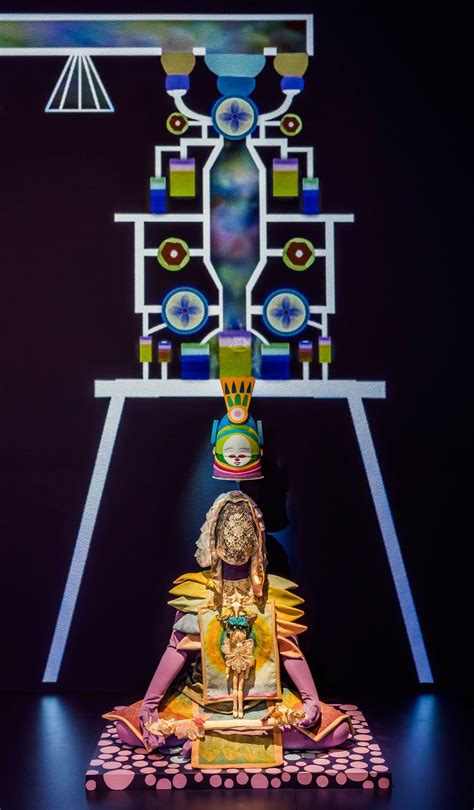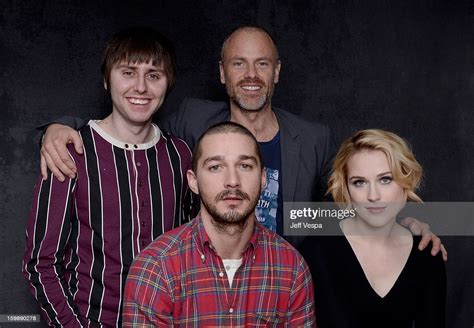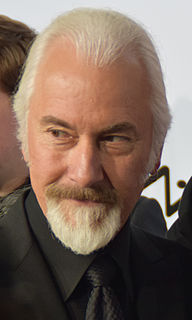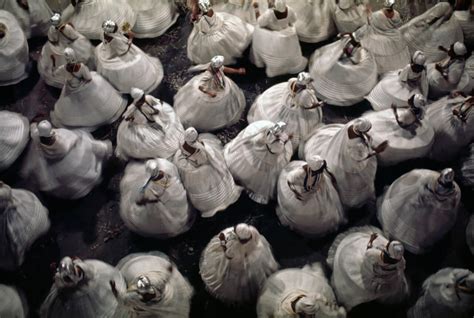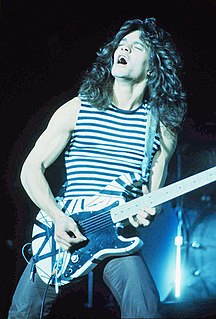A Quote by Julie Sweet
We called our research 'Getting to Equal - How Digital is Helping to Close the Gender Gap at Work.' And at its heart we found that when men and women have the same level of digital fluency, women are better at using their digital skills to gain more education and find work.
Related Quotes
I don't do anything digital. Everything is analog, and that's a limitation for me. However, in my world, it's not a limitation at all because I don't create the type of music that would generally be created by musicians that work with digital recording studios, and/or digital equipment, as far as production is concerned.
If you need to strap a camera to you or get in a small space, then it makes sense to use digital.I do think it is possible to use a digital camera artistically, but it can only be good if you are using film technique. Film has grain, and digital has pixels, and there is not that much of a difference, but digital does not replace the need to create a scene and light it properly and spend time considering the shot.
In every part of the world with which I am familiar, young people are completely immersed in the digital world - so much so, that it is inconceivable to them that they can, for long, be separated from their devices. Indeed, many of us who are not young, who are 'digital immigrants' rather than 'digital natives,' are also wedded to, if not dependent on, our digital devices.
Digital media are biased toward replication and storage. Our digital photos practically upload and post themselves on Facebook, and our most deleted e-mails tend to resurface when we least expect it. Yes, everything you do in the digital realm may as well be broadcast on prime-time television and chiseled on the side of the Parthenon.
Using film was so much easier than the digital technology of today. But digital is still at the beginning of what it can be and they'll be fixing all those problems. It's just too complicated - negatives, tinting, flashing - it's a whole new system that takes a lot of time. Of course, it's not as physical. Even the editing. You used to feed a piece of celluloid into an editor. [Digital] is not expensive and that is an advantage, but I must say that I don't love it.

